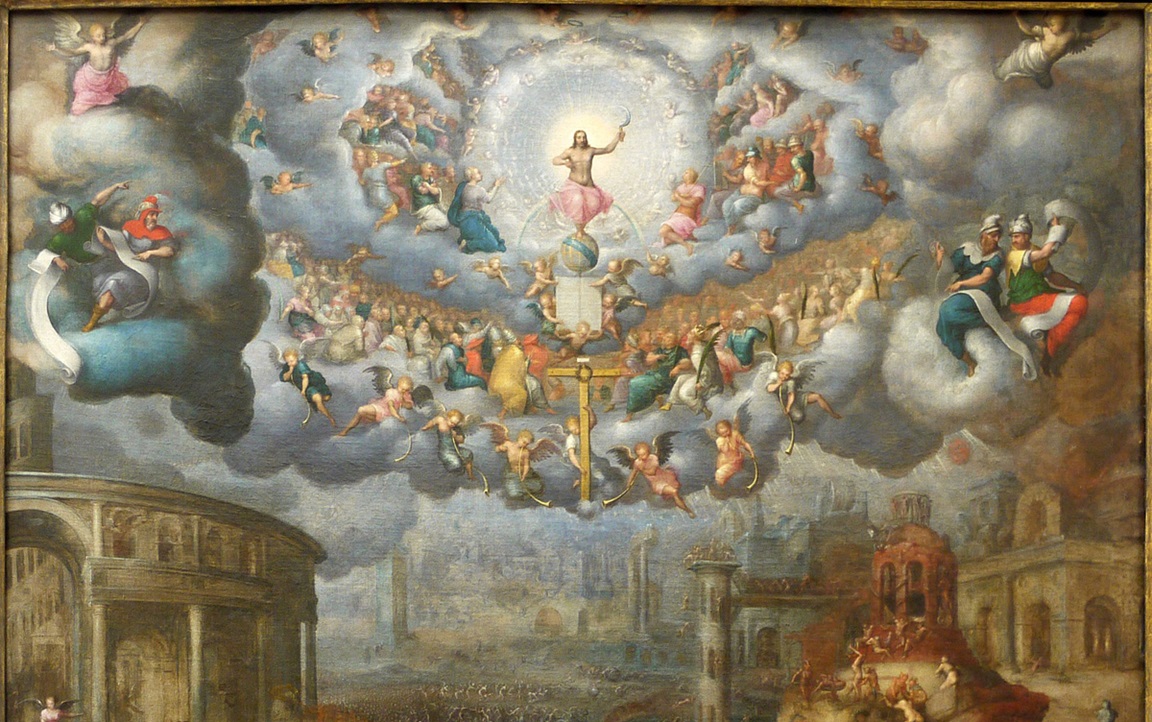The short answer is, "It doesn't."
You will not find any teaching about the Rapture and its related beliefs about a "Great Tribulation" that will befall all those "left behind" for some period of time before the "Great White Throne Judgment" and/or "The Millennial Reign" among the doctrinal standards of The United Methodist Church.
Why is that?
Because all of these terms were invented in the nineteenth century, largely among other denominations or independent parachurch organizations sponsoring "prophecy conferences." The person most widely credited for the development of this set of theological terms (along with another term, "premillennial dispensationalism"), was John Nelson Darby. He was at one time a priest in the Church of England, who left his priesthood to found his own prophesy-centered sect (The Plymouth Brethren). Influential though his teaching would become, it, as did he, became untethered from established Christian doctrine and teaching grounded on Jesus's own repeated teaching that "No one knows the day nor the hour."
Wesley and his spiritual children pay attention to what Jesus said. We don't know, and cannot know, "the day nor the hour." Instead, we are called to "watch and pray" here and now, living and growing in love toward God and neighbor. Our doctrine, consistent with historical Christian doctrine, focuses not on the "order of things to come," but on the "order of salvation" - prevenient grace, justifying grace, sanctifying grace, and the assurance of salvation that God pours out in our hearts.
Look at our Our Doctrinal Standards and General Rules in the Book of Discipline. Read the sermons of John Wesley, especially his sermons on the Great Assize (which is part of our doctrinal standards) and The New Creation (which is not). These two sermons will get you as close as John Wesley gets to this type of thinking. But notice, even here, how thoroughly tethered he is to what the scriptures actually say, and how little of what he writes is based on anything more than a plain reading of the texts and logical reasoning from them. And notice too, even here, like almost all of his sermons, that these ultimately have to do with how we live our lives now, how we accept the gift of salvation and live accountably in and under the grace we have received.
This content was produced by Ask The UMC, a ministry of United Methodist Communications.




